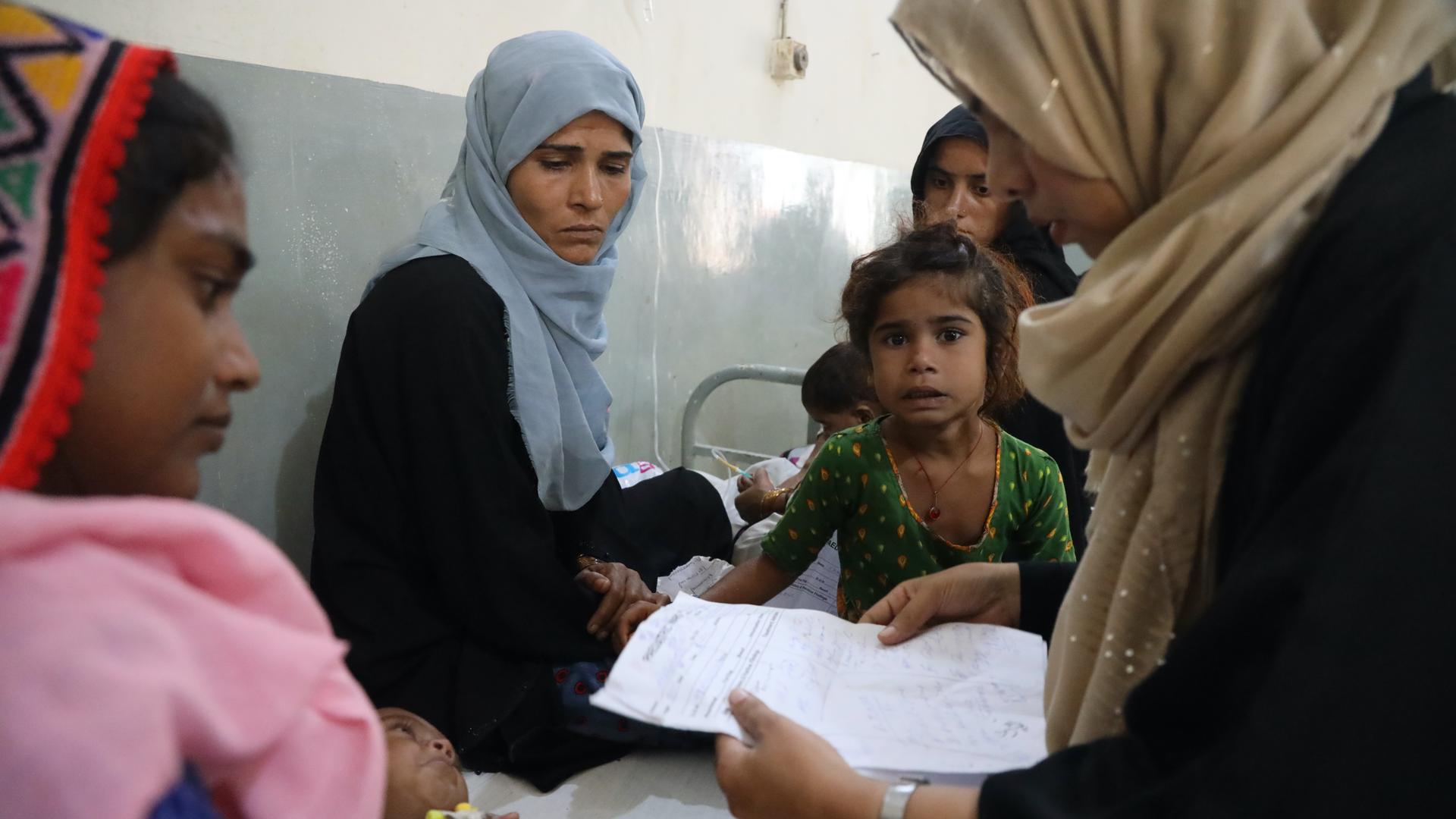Sanitation
How new technologies are bringing water to the developing world
The introduction of better water management and water technology can change lives in places like Sub Saharan Africa. And it’s not just Sub Saharan Africa where water is a problem. The United Nations estimates that three-quarters of a billion people lack access to clean water and that almost two-point-five billion lack access to adequate sanitation. One solution to the problem may be through innovation and technology. Here’s a look at three that are trying to make a difference. The introduction of better water management and water technology can change lives in places like Sub Saharan Africa. And it’s not just Sub Saharan Africa where water is a problem. The United Nations estimates that three-quarters of a billion people lack access to clean water and that almost two-point-five billion lack access to adequate sanitation. One solution to the problem may be through innovation and technology. Here’s a look at three that are trying to make a difference.


